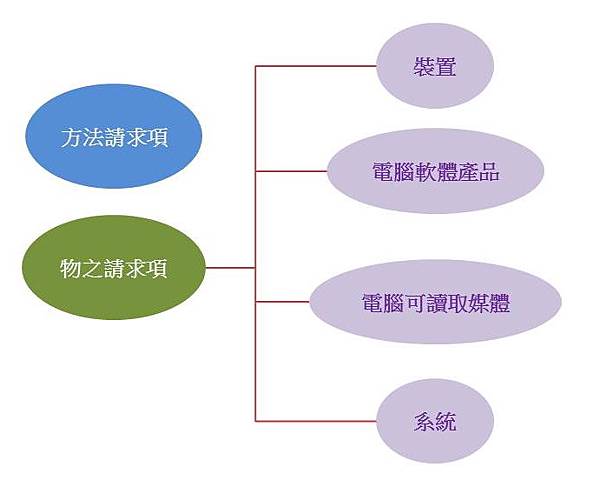International Investment Treaty Arbitration
It was once a basic principle of international law that just a State could assert a claim against a different State when breaching its obligations to the first State’s nationals. However, the number of international treaty arbitration cases has grown dramatically in the past years, where foreign investors (individuals or legal entities) can claim against the “host States” where the investments where made. It is a very important factor in economic development, since it facilitates access to world markets, to worldwide distribution channels and other networks and it is a consequence from the phenomenon of globalization.
A country’s foreign investment climate is determined by the legal framework of foreign investment, which include, among others, stability of the legal conditions under an investor operates, the transparency of the system of local regulation and an effective system of dispute settlement. This last factor, an effective system of dispute settlement, is a particularly important one when it comes to legal protection of foreign investments.
In absence of other arrangements, a dispute between a foreign investor and a host State will usually be settled by the host State’s domestic courts. This fact is not an attractive option from the investor’s perspective for the following reasons: a) rightly or wrongly, the courts of the host State are not seen as sufficiently impartial in this kind of situations and b) the regular courts can often lack of the technical expertise required to solve complex international investment disputes.
Therefore, today direct arbitration between the host State and the foreign investor is the preferred option for this kind of disputes, and foreign investments enjoy international legal protection through a large number of investment treaties. There is as yet no single comprehensive treaty for the legal protection. Instead, there is a network of treaties which applies between two countries or among a number or countries.
In this context, Bilateral investment treaties (BITs) are international agreements between countries that provide companies and individuals with special rights and legal protections when they invest in a foreign country (the host State). BIT’s set out the terms and conditions for investment in one country by private companies and individuals of another country and are typically created to promote investment in the host State.
Investment treaties adopt an essentially private mode of adjudication dispute and that can make it a very similar figure to commercial arbitration, since both involve a claim by a private party before a tribunal of private arbitrators. However, notwithstanding the similarities, it would be a mistake to confuse both types of arbitration. Commercial arbitration originates an agreement between private parties to arbitrate disputes between both in a particular manner. The authority derives from the autonomy of every individual to chose and organize their own private affairs. On the other hand, investment arbitration originates in the authority of the state to use adjudication to solve disputes arising from the exercise of public authority. It is constituted by a sovereign act, as opposed to a private act.




 友好網站連結
友好網站連結 